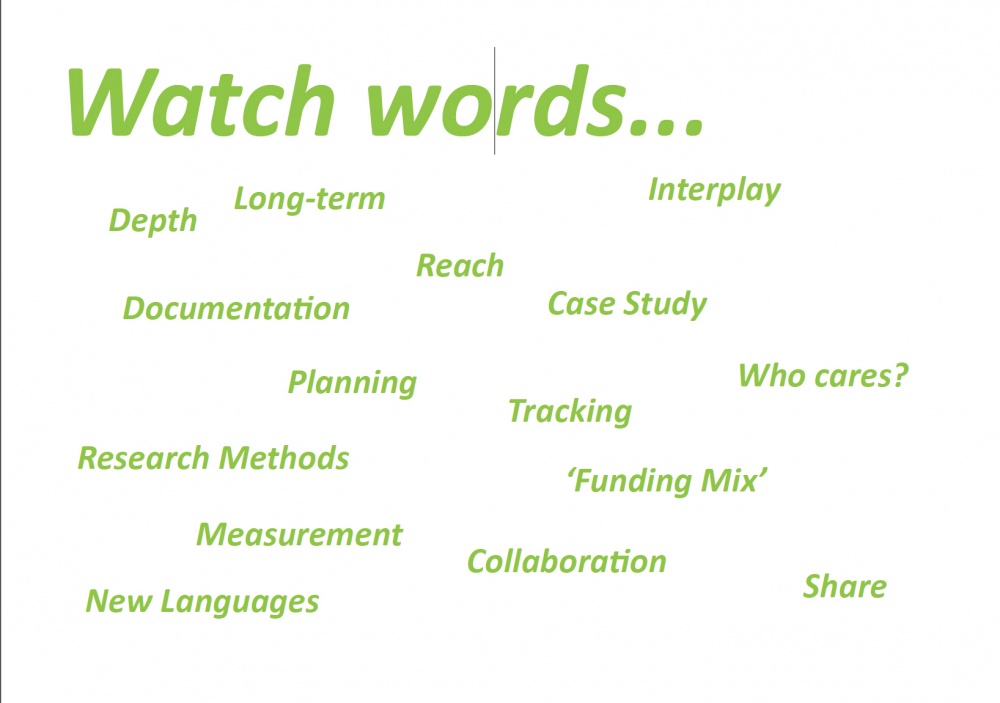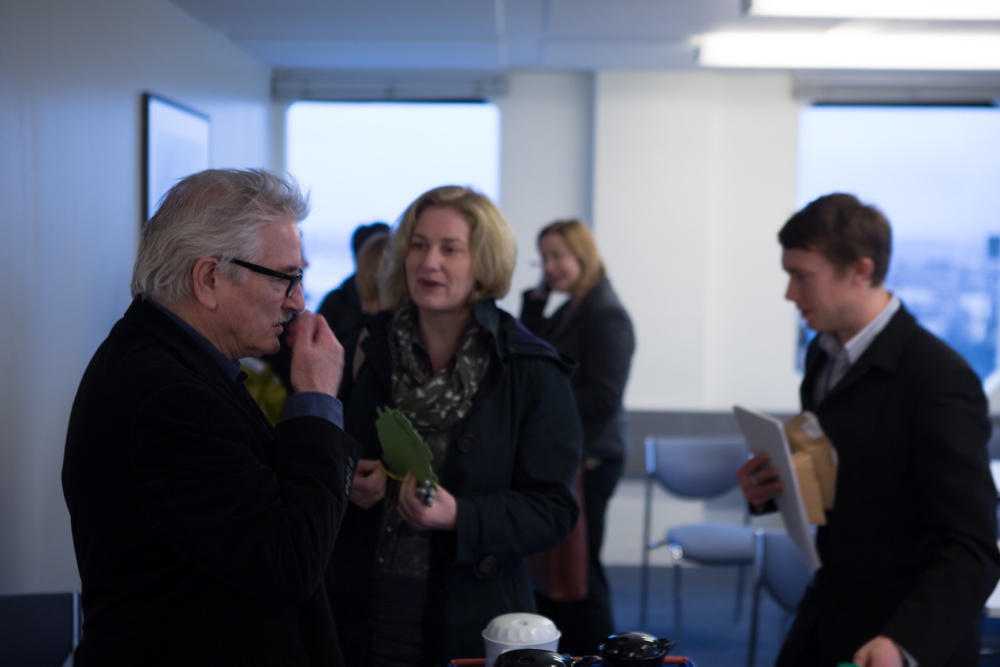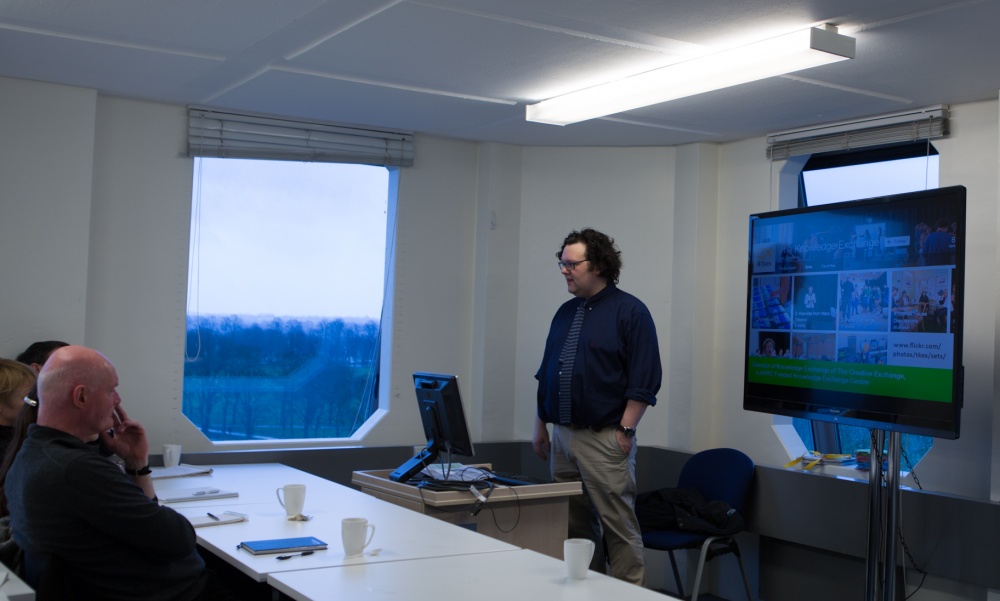Following on from our Creative Exchange conference on new modes of knowledge exchange I was invited by Dr. Ruth Page to run a session on research with impact.
Of course there are no magic words but we used this as a starting point for a lively and fascinating discussion, from this a few key themes emerged.
Language and Communication: Academics often (necessarily) use a highly technical language to communicate nuanced ideas in their field. One challenge with engaging with people outside their discipline is exchanging ideas and knowledge in a way that is meaningful to everyone but also remains true to the research and its complexities. This is a strand of research I`m especially interested in and will be starting a new project (Impact 2020 that looks directly at this issue).
Methods: The disciplines in the room included Law, linguistics, Museum Studies to Geography and beyond. We had an interesting discussion about the research methods people used and how different research methods were conducive to high impact research as part of the research process rather than as an add on, in particular we talked about participatory action research as an interesting approach.
Funding mix: RCUK actively encourages (and requires) an engagement with impact when applying for funding. There is also scope to fund some impact activity as part of funding proposals. We spent some time talking about the possibility of coupling research projects with other sources of funding that are specifically focused on engagement, knowledge exchange and using these (often very large) funding sources as a way of amplifying research impact. As part of this we also discussed the difference between dissemination of research and impact. Dissemination may lead to impact but not necessarily. The challenge of understanding and measuring impact of non-numerical effects was a hot topic of discussion.
Finally we discussed the notion that many academics want their life’s work to have a wider relevance or effect outside academia ad that this can be built into research and methods without it being a painful or onerous additional task. This seems like a more healthy approach to thinking about impact than seeing it either as a tool for political control of research or trying to guess what criteria REF 2020 will use for impact.



